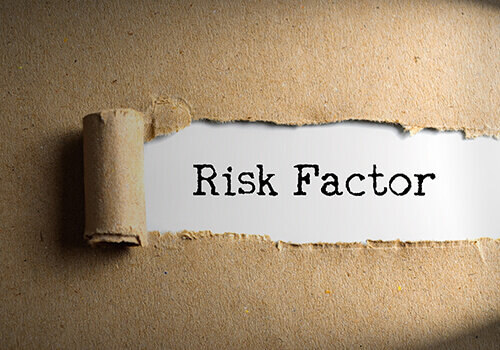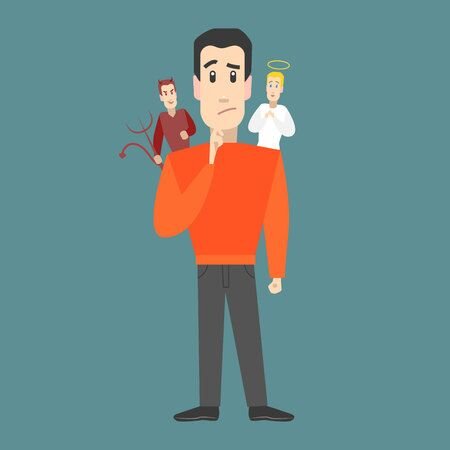This summary, written by Kaela Allen, is based on a paper published from our lab (available online): Weafer, J, NA Crane, SM Gorka, KL Phan, H de Wit (2019). Neural correlates of inhibition and reward are negatively associated. NeuroImage, 196:188-194. PMID: 30974242
Based on the results of Weafer et al (2019), a negative correlational relationship between inhibition and reward suggests that the answer may be yes. Compared to healthy controls, individuals with addiction and impulse control disorders exhibit both lower activation of their inhibitory circuitry and hyperactivation of their reward circuitry to disorder-specific stimuli. These two processes, response inhibition and reward sensitivity, are often thought of as independently influencing the propensity for impulsive and addictive behaviors. However, it is also possible that inhibition and reward reactivity are related to each other, and possibly exerting reciprocal influences on each other. What is unknown is if the imbalance between inhibition and reward circuitry is present before the onset of a disorder, acting in a causal role, or if it develops as a result of a disorder. If certain people have both poor inhibition and greater reward reactivity, they may be at high risk for future problematic behaviors. Moreover, these behaviors might be a target for preventing problem behaviors.
Binge drinkers are at a higher risk for developing substance abuse disorders. In our study, binge drinkers had a more pronounced negative correlation between brain activation during inhibition and reward, which supports the idea that inhibition and reward reactivity are related at the neural level and could be risk factors for drug use.
One way to determine if inhibition and reward reactivity are related to each other even before drug use begins is to study them in healthy volunteers who have no drug problems. This study looked at the degree to which brain function during inhibition tasks relates to brain function during reward tasks in healthy young adults with no history of addictive or impulse control disorders. Participants also reported their habitual alcohol consumption so that the results could also be examined in relation to binge drinking, as binge drinkers are at higher risk for developing substance use disorders. On the day of the fMRI scanning session, subjects abstained from drugs and alcohol for 24 hours to ensure that they were drug-free. In the scanner they completed a task involving inhibition (the stop signal task), and a task involving monetary rewards (the doors task). The researchers found a negative correlation between brain activation during inhibition and reward. In other words, individuals with less prefrontal activity during response inhibition had greater activity of their reward circuitry during monetary reward. Interestingly, this correlation was more pronounced in binge drinkers than non-binge-drinkers. These findings support the idea that inhibition and reward reactivity are related at the neural level, and that they may be risk factors for drug use.
Our study found that an imbalance between inhibition and reward circuitry may be a risk factor or cause for problematic behaviors.
These findings provide further evidence that the imbalance between inhibition and reward circuitry may not be a consequence of a disorder but may instead be a cause and risk factor for problematic behaviors. While the results are promising, this is only a first step. This study was done in healthy individuals with no addictive or impulse control behaviors and the findings are correlational. The best way to study this issue is in a longitudinal study, assessing the imbalance between inhibition and reward as predictors of onset and escalation of disorders later in life. A study of this kind, the Adolescent Brain Cognitive Development (ABCD) Study, is now underway with adolescents to study predictors of problem behaviors. Additional research is needed to determine the mechanism behind the negative correlation.



